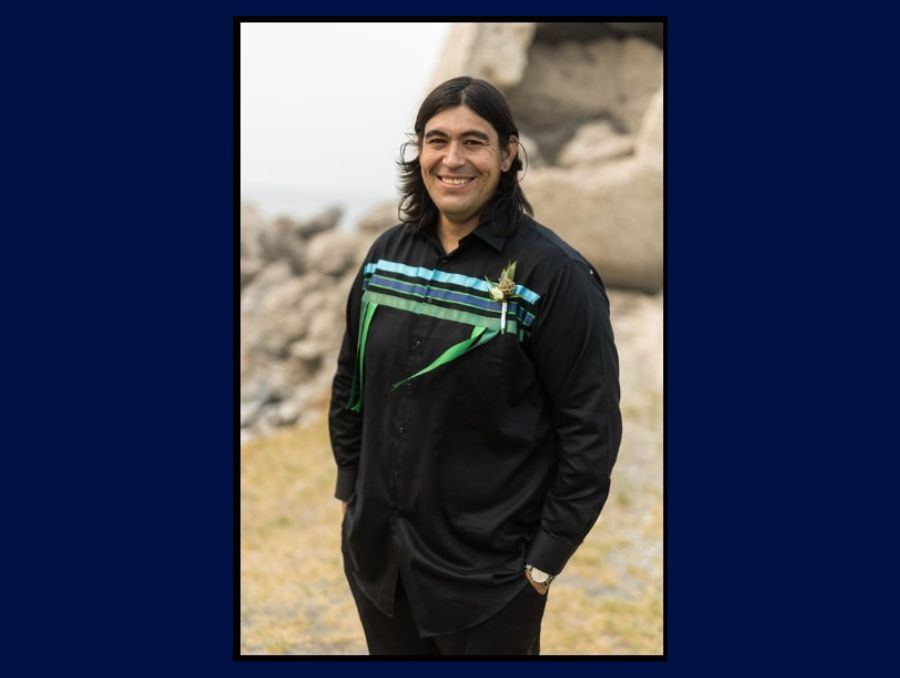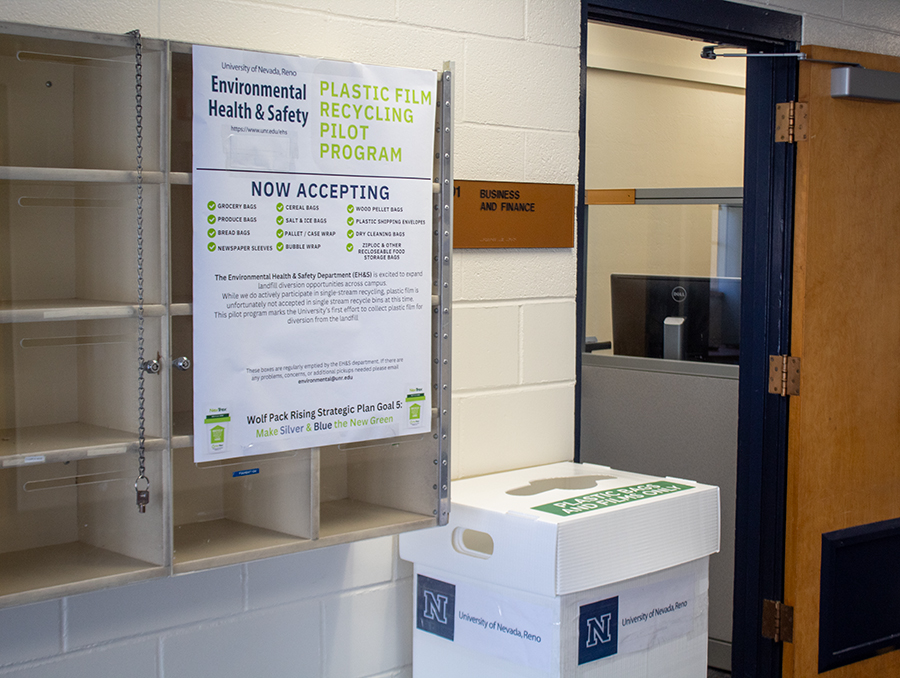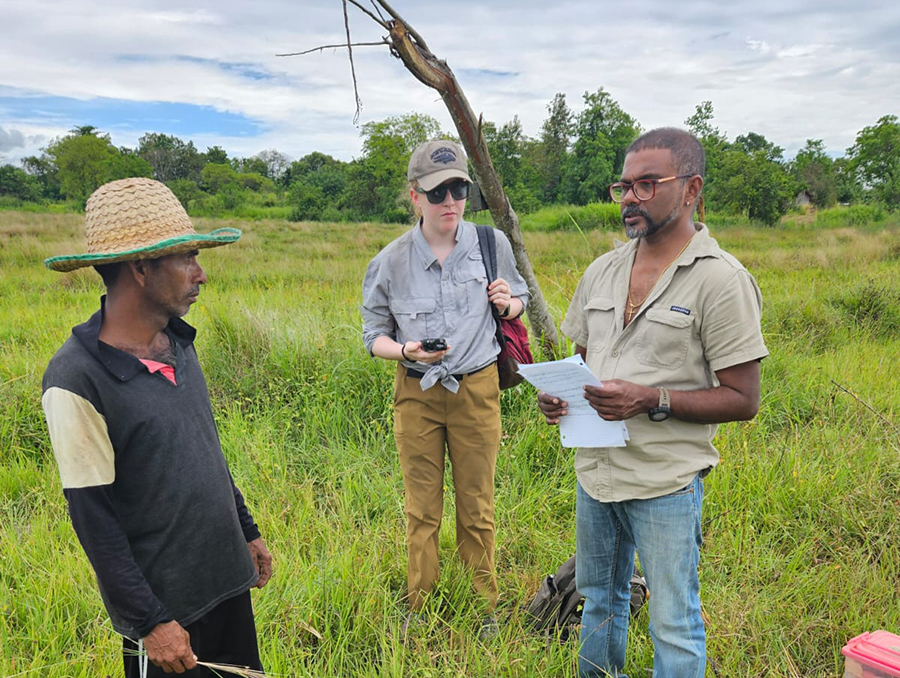Travis Numan is a Ph.D. student at the University of Nevada, Reno and has enjoyed his higher education journey.
He grew up on the Pyramid Lake Paiute Reservation and attended Reed High School where he succeded as a baseball and football player. After graduating from Reed, Numan played baseball at the collegiate level while earning his bachelor’s of science degree from Sacramento State University in Kinesiology. Numan wanted to continue his studies and stay in an athletics-related program, so he got his master’s degree in science in Exercise Physiology at San Diego State University.
After working for a number of years, Numan decided to go back to school and work toward earning a Ph.D. He is currently enrolled in the Civil and Environmental Engineering Ph.D. program, researching infrastructure design for water and wastewater here at the University. Reflecting on his past, Numan recalls the time he spent working between academic programs. For 10 years he worked for various tribal communities teaching kids.
“As I got into the workforce and I started working for all these different tribes, you know a big part of my job was teaching kids from the Native perspective,” Numan said. “So, I really revisited the stories from my elders growing up at those tribal elder centers and senior centers, just listening to them talk about their own lives and our traditional stories and their experiences in WWII. A lot of the traditional stories from tribes around the country all talk about that same thing. We as a human race have to learn how to have a spiritual connection with the Earth, or we’re going to hurt ourselves severely through wars.”
Now, Numan is in his fifth year in the Civil and Environmental Engineering Ph.D. program, but his knowledge of resource management came from his elders in the community and his work experience with tribes. He was always taught about how vital water is, for the Earth and for people.
“Water is at the center of our spiritual and physical teachings of how to not only manage ourselves but manage the environment and how we’re connected to all things,” Numan said. “Water is so important because it's part of the healing of the past and of ourselves and how we’re carrying that trauma. It’s the connection to all living things. So, water is a big part of our relationship. If we as a society can get that right, we can start figuring out other things.”
While studying at the University, Numan is utilizing the Native American Fee Waiver. This provides a waiver of certain fees to Native American students who are members or descendants of any federally recognized tribe or nation, all or part of which is located within Nevada. Because of the complicated nature of the land grant being tied to the Native American Fee Waiver and some other universities’ histories of starting out as Indian boarding schools, Numan accepts the use of the fee waiver for his Ph.D. program but laments the ways in which it became necessary to offer.
“There are some things that need to be healed not only from the land that was taken away but Native Americans being eradicated spiritually and culturally. So, I have utilized [the fee waiver], but it's a complicated issue and I think it’s a step in the right direction, but we’ve got a lot longer to go.”
While Numan has completed the classes needed for his Ph.D. program, he just needs to finish writing three papers that will be combined into his dissertation. Although he is focusing on how wildfires affect the Earth and atmosphere in his papers, Numan still wants to share his passion for water and water resource management. He does several speaking engagements around the country focusing on water from the Native perspective and recently, Numan spoke at a conference in Chicago that hosted over 20,00 attendees.
“We have to change the way we are thinking about infrastructure and water if we actually want to solve some of our climate issues,” Numan said. “Thus, around the world Indigenous peoples are pushing for land acknowledgments. Make people realize that the first step is respect. We can’t move on in the process as a civilization until we realize what respect means when interfacing with the Earth and all of life.”
NevadaToday
Faces of the Pack: Travis Numan
Ph.D. student Travis Numan talks about his research on water rights, growing up on the Pyramid Lake Paiute Reservation and the Native American Fee Waiver















